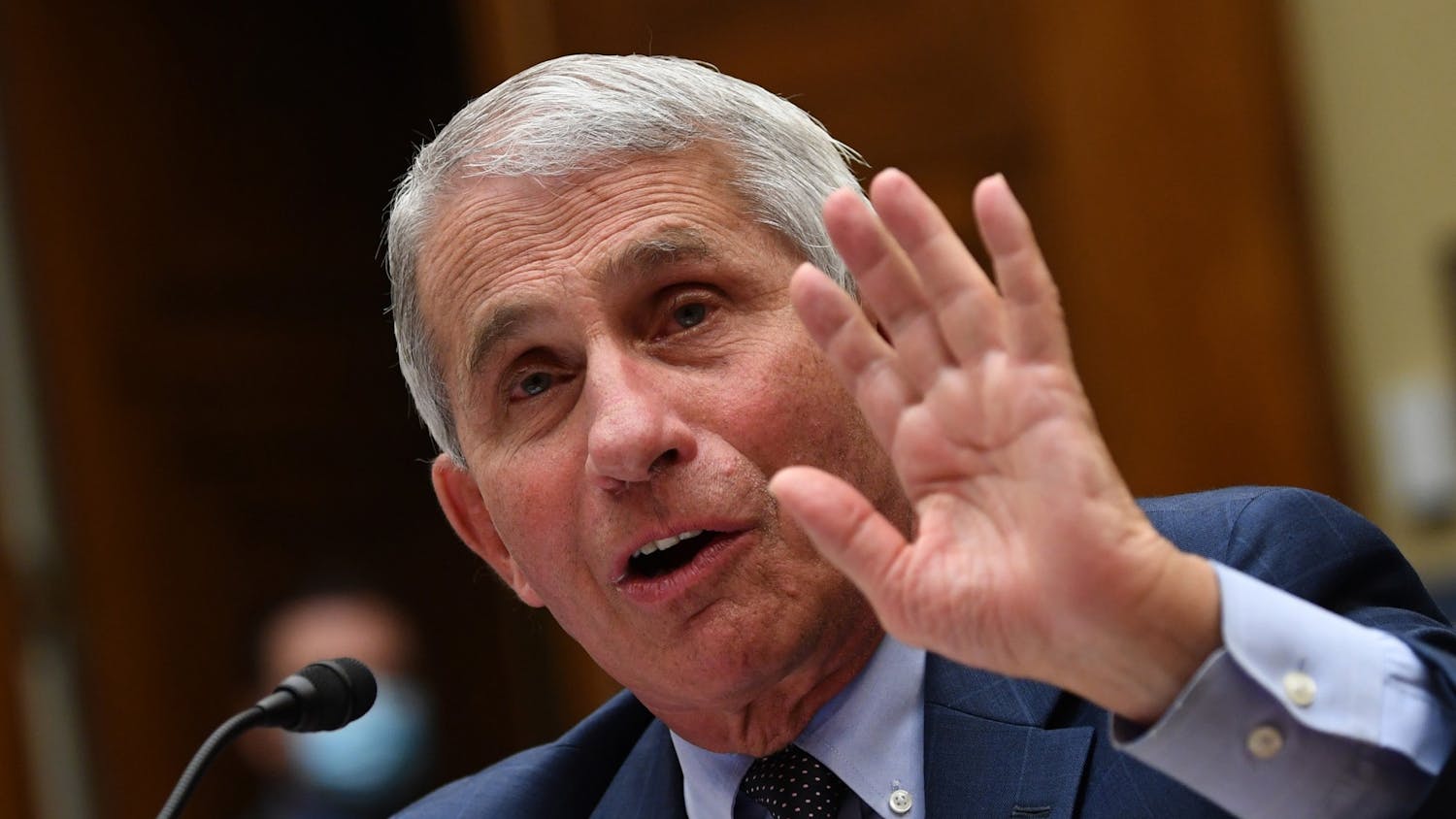Americans have been encouraged by Barack Obama’s Affordable Care Act to make moves to prevent disease and to take better care of their own health, according to a new study by IU and Cornell University researchers.
Researchers Kosali Simon and Aparna Soni from IU and John Cawley from Cornell worked to determine the effect of “Obamacare” expansions on preventive care and health behavior, especially as the future of the Medicaid expansion is currently in flux in Congress.
Their research determined 17 percent of low-income adults without children are more likely to have health insurance then before ACA. Another 7 percent are likely to have their own personal doctor, and 11 percent were less likely then before to report economic barriers prevented them from receiving health care.
Participants in the study also were more likely to take preventative measures, like getting flu vaccinations or having a test for HIV, to avoid illness and disease than before the ACA madnate. “Obamacare” requires health insurance plans to cover these types of preventative services without cost-sharing.
“Our findings indicate that the Medicaid expansions under the ACA succeeded in some of their goals, but other goals remain hard to achieve,” Simon said in a press release. “More people are seeing doctors and taking steps to safeguard their health. But there’s been no detectable reduction in obesity, smoking or heavy drinking, at least through our study period.”
While there was no detectable reduction in smoking or heavy drink there was also no worsening of these behaviors. The danger of what is called moral hazard occurs when there is less risk or cost associated with a certain behavior.
Conversely, there was no worsening of those risky behaviors. Researchers were concerned those newly insured would be more likely to engage in risky behaviors because they now pay less out of pocket for health care. There was no evidence of this phenomenon, which economists call moral hazard, in the data.
Thirty states and the District of Columbia expanded Medicaid benefits in 2014. Much of the data for this research and study came from the Behavioral Risk Factor Surveillance System survey conducted by the Centers for Disease Control.
Dominick Jean






